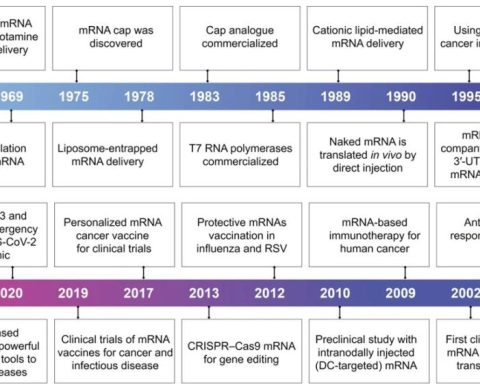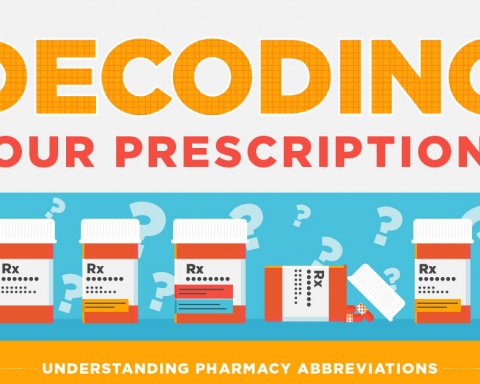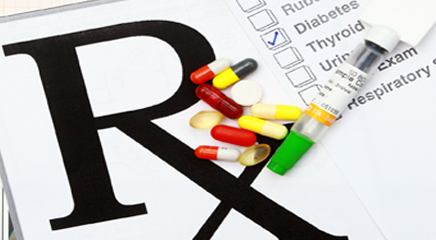Broadly, a drug is any substance used in the diagnosis, treatment, or prevention of a disease. It may be a synthetic, semi-synthetic, or naturally occurring compound or mixture of compounds. Most drugs interact with a part of the body to alter an existing physiological or biochemical process. A drug can either decrease or increase an existing function of an organ, tissue, or cell, but cannot impart a new function to them. For example, drugs are available to decrease blood pressure, decrease acid formation in the stomach, increase urine production, and increase bone density. Some therapies, such as vaccines and gene therapy, are not drugs in the traditional sense but are also used in management of diseases.
[wp_ad_camp_1]
An ideal drug is one that:
• Has a desirable pharmacological action
• Has no side effects
• Reaches its intended location in the right concentration at the right time
• Remains at the site of action for the necessary period of time
• Is rapidly and completely removed from the body when no longer needed.
All these goals cannot be achieved fully when developing a new drug, but need to be considered and optimized during the research and development process. The success of a new drug depends on how close it comes to meeting these objectives. [Source: Authentic book, available upon request]








